EDITORIAL
Published on 04 Aug 2021
Editorial: Computational Tools in Inferring Cancer Tissue-of-Origin and Molecular Classification Towards Personalized Cancer Therapy, Volume II
doi 10.3389/fgene.2021.735103
- 1,054 views
20k
Total downloads
79k
Total views and downloads
You will be redirected to our submission process.
EDITORIAL
Published on 04 Aug 2021
ORIGINAL RESEARCH
Published on 27 May 2021
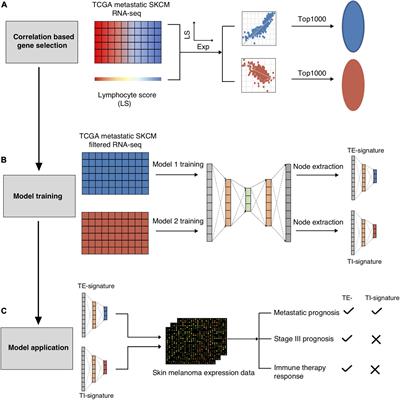
ORIGINAL RESEARCH
Published on 29 Apr 2021
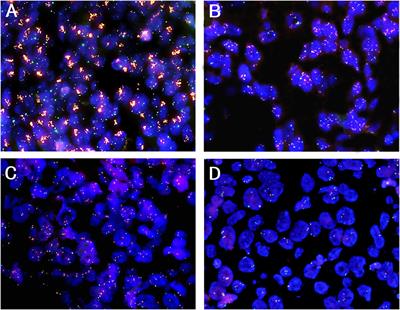
ORIGINAL RESEARCH
Published on 26 Apr 2021
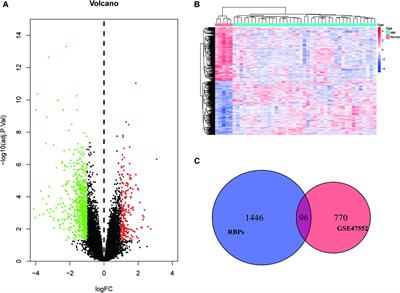
ORIGINAL RESEARCH
Published on 15 Mar 2021
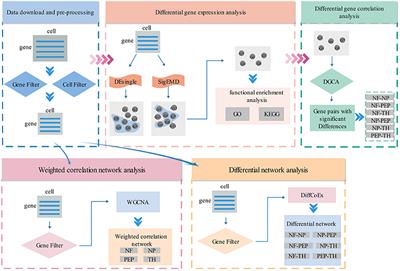
ORIGINAL RESEARCH
Published on 26 Feb 2021
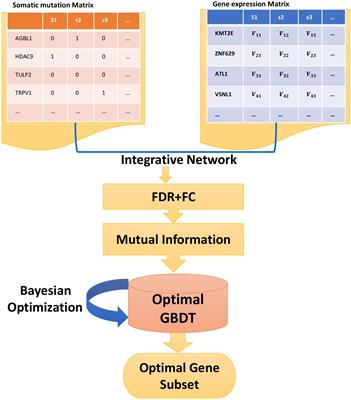
ORIGINAL RESEARCH
Published on 24 Feb 2021
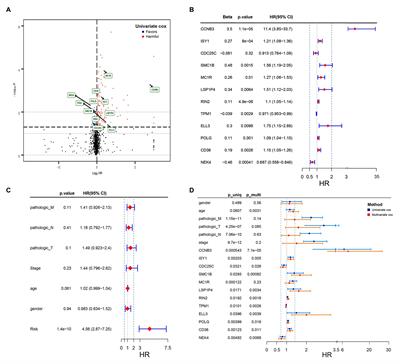
ORIGINAL RESEARCH
Published on 17 Feb 2021
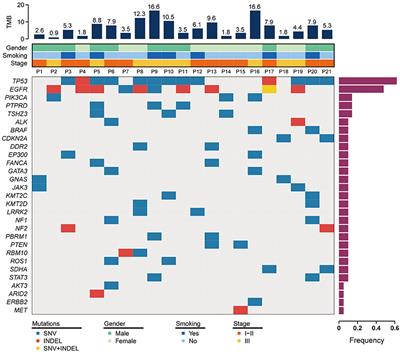
ORIGINAL RESEARCH
Published on 11 Feb 2021

ORIGINAL RESEARCH
Published on 03 Feb 2021
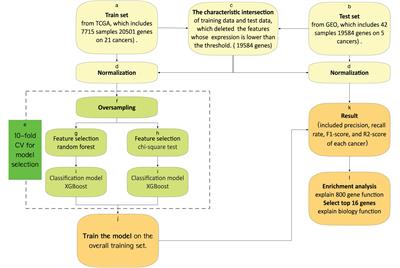
ORIGINAL RESEARCH
Published on 26 Nov 2020
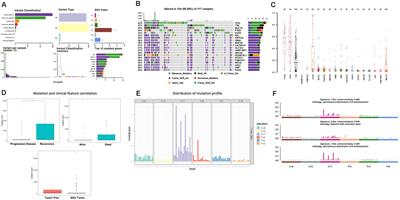
ORIGINAL RESEARCH
Published on 24 Nov 2020

